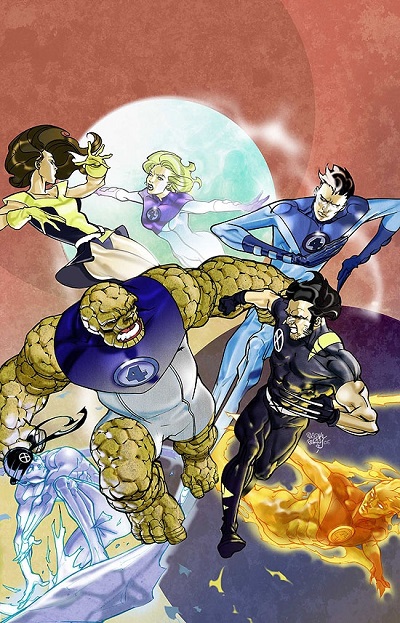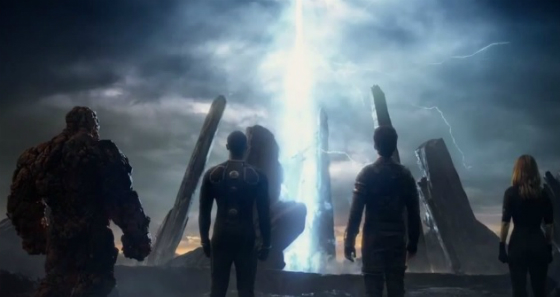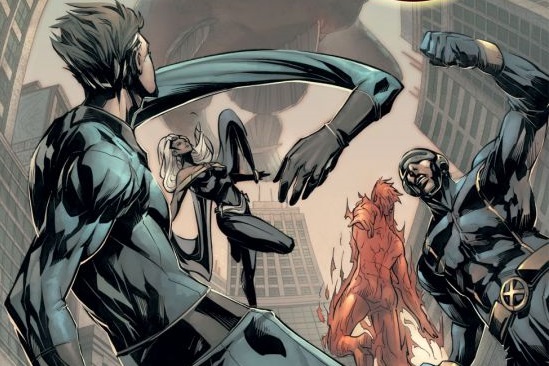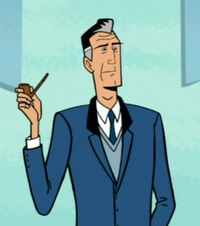Why A Shared Universe Might Be What Saves the Fantastic Four
 |
| Marvel.com |
So Fantastic Four is finally out, and the universally held opinion of the movie is that it’s the cinematic equivalent of the dinosaur turd pile from Jurassic Park, only if it was lit on fire also terribly written and directed. Which is a goddamn shame, both for fans of the characters and for the future of the characters – for months now, we’ve been hearing stories about Marvel playing games with merchanidsing and even rumors (baseless, stupid rumors) about Marvel spite-cancelling the comic to screw with Fox on the movie.
The awful movie has also spawned a parade of thinkpieces about the FF’s role in the modern universe, most recently (as of when I sat down to write this), a good piece on Gammasquad about the declining relevancy of Reed, Sue, Ben and Johnny. I want to take issue with that, because 1) I disagree with the idea that they are losing potency as storytelling vehicles, and 2) because the rumors of a shared Fantastic Four/X-Men movie universe might be exactly what’s needed to make the characters largely popular again. Be prepared, though: I’m going to spoil some of Secret Wars after the jump.
 |
First, my point of disagreement: I don’t think declining sales is a good indicator of how relevant the Fantastic Four are to the Marvel Universe (at least the comic universe) or how relevant they are as a story setup, and the best evidence of this point is Secret Wars. In 2009, Jonathan Hickman started an enormous sci-fi epic in Dark Reign: Fantastic Four that led into his run on the series, and it is by far my favorite take on the team. He nailed everything that I think is great about the characters, gave each one a time to shine and played with the concept in ways that were really just clever takes on the already existing mythos and dynamic. And by choosing to keep Reed, Sue and Doom at the foreground of his stories when he moved over to Avengers meant that his time as the prime architect of the Marvel Universe’s biggest team functioned largely as a continuation of that story, one that he looks to be bringing to a conclusion in Secret Wars, where the telegraphed final battle of the miniseries will be a battle to the death between Reed and Victor over Victor stealing Reed’s life.
All of this exists because of the Fantastic Four’s place in the larger shared multiverse. One of the big complaints about the new movie (aside from it being a generally terrible, made-by-committee piece of dogshit) is how unimportant everything seems, and I think putting them in a shared universe with the X-Men might solve some of those problems.
 |
| Marvel.com |
As a concept, the FF is certainly not without its problems: with a handful of exceptions (Galactus, Annihilus, Doom, and just about every non-616 Reed in the multiverse), their villains are garbage. Mole Man? Diablo? The Wizard? Puppet Master? Absolutely none of these are headlining bad guys. The parents of the Marvel Universe need to be facing off against existential threats, people hell-bent on destroying everything, or dark reflections of themselves. The damage done to Dr. Doom in the new movie may be unforgivable, but it’s nothing a hand-waving “yeah, nevermind” at this movie can’t fix. But there’s nothing even a solid filmmaker can do to make a nerd stereotype trying to drop Manhattan into a network of caves feel like a worthy threat. On the other hand, the Celestials (who made Apocalypse, hopefully) are just the right kind of problem for Reed and Sue to solve.
By the same token, their supporting characters are just as crap. Namor, the kids, the Silver Surfer and Doom are all great supporting characters, but despite being the first family of the Marvel Universe, most of their direct supporting cast is useless. A shared universe immediately populates their world with interesting, deep characters who have their own spaces to shine. It also gives the storytellers an opportunity to examine the FF from outside their typical archetypes – Johnny gets to be somebody’s favorite superhero, and Ben gets to be a mentor to tortured X-strongmen (not Strong Guy per se, but you know what I mean). My favorite part of Christopher Priest’s Black Panther run was Doom shouting advice at T’Challa and Magneto at the UN – he wasn’t a mustache-twirling supervillain. He was a sinister world leader maneuvering in a world that wasn’t defined by his vain hatred of one guy who stole his thunder in college one time. And it cuts down on the sausage party that the FF typically is – imagine Sue, Jean Grey and Storm working to take down part of the Annihilation Wave.
 |
Those different angles also help to soften a family dynamic that is often seen at best as “classic,” and at worst a series of dated, patriarchal stereotypes. Reed’s aloof dadness is routinely cited as one of the problems with the concept, but look at how his relationship with Sue was portrayed in Hickman’s 8 months later Avengers arc – they were both loving, caring badasses, and their relationship was amazing.
Ultimately, the problems with the Fantastic Four aren’t issues with the concept. They stem from a lack of creativity on the part of the people telling the stories, and from a lack of faith in the material. A shared universe doesn’t suddenly make a script writer more creative, but it does add tools to help mitigate some of the traps that those creators might fall into.
